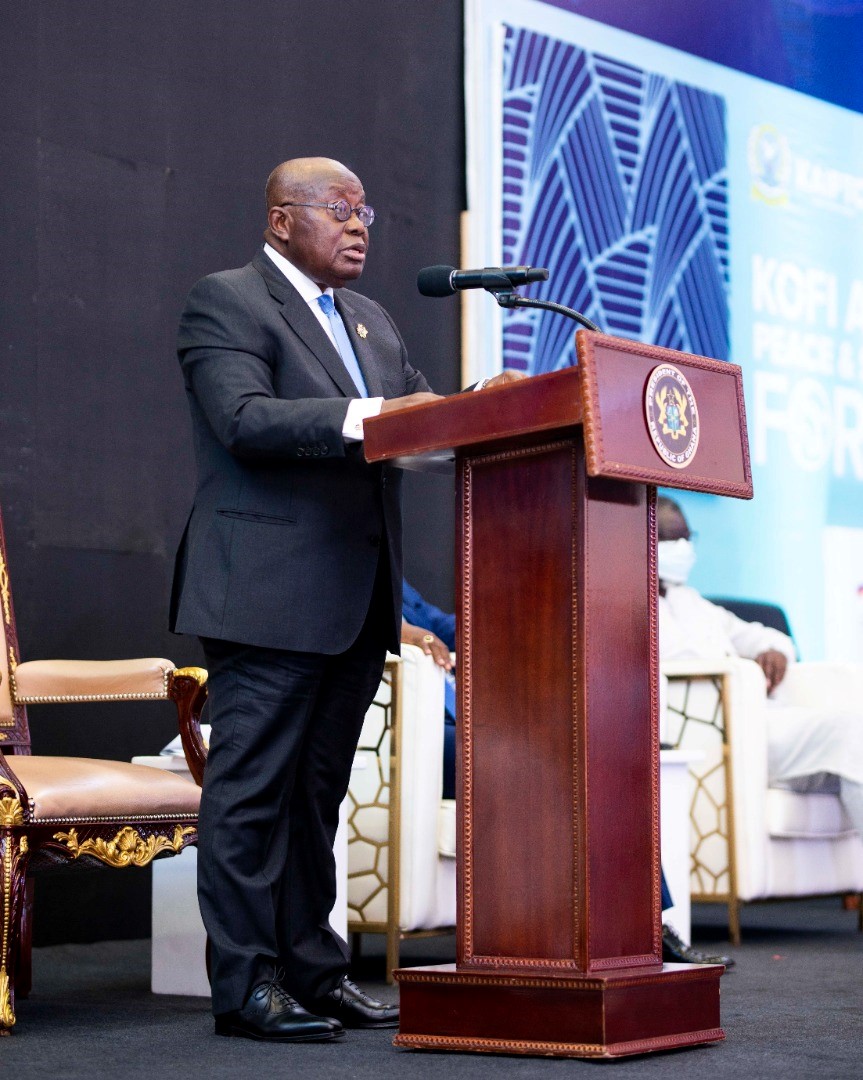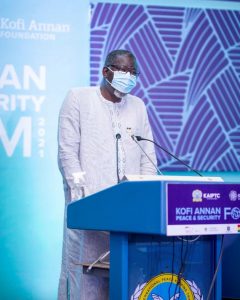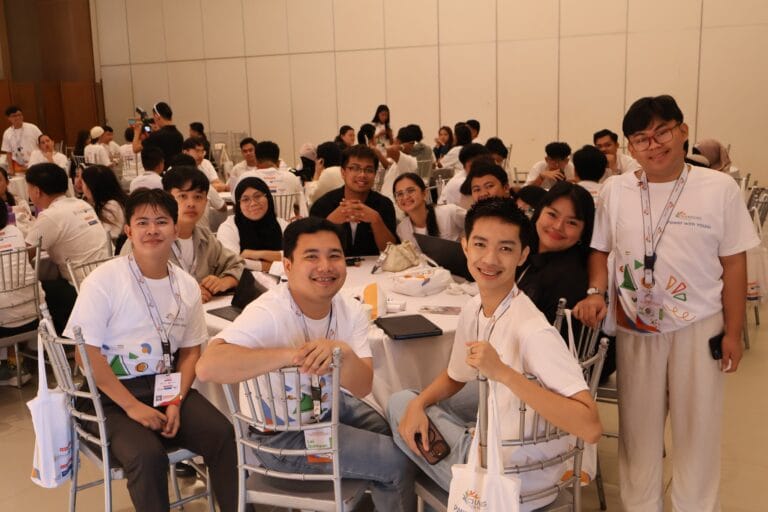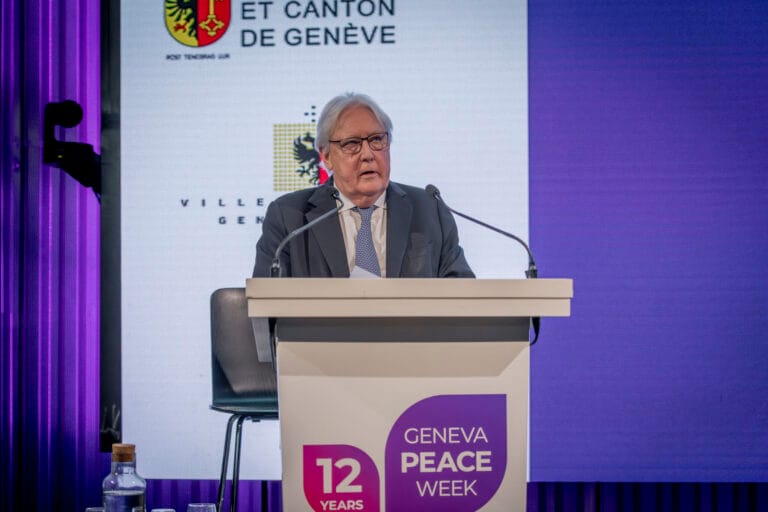The crisis of democracy in West Africa was the focus of this year’s Kofi Annan Peace and Security (KAPS) Forum, co-organised by the Kofi Annan Peacekeeping Training Centre and the Kofi Annan Foundation, to mark the twentieth anniversary of the Democracy and Good Governance Protocol of the Economic Community of West African States (ECOWAS).
The KAPS Forum 2021 attracted a broad range of participants from across the region, including current and former heads of State and government, election commissions, international organisations, diplomats, senior military, business and civil society leaders, who gathered to reflect on democracy’s trajectory over the past two decades and propose ways to shore up its gains in the current context.
Respecting constitutional term limits
When constitutional term limits are flouted, stressed President Nana Akufo Addo of Ghana in his powerful opening speech, “the marriage between the elected and the electorate becomes forced, the environment becomes toxic, and the mandate becomes precarious.”

An unpopular and controversial third term indeed sparked the coup d’Etat in Guinea this year, which, on the back of a double coup in Mali, sounded the alarm in the region, which had already been experiencing democratic backsliding for several years. Former President John Kufuor, one of the original signatories of the Protocol, reminded the audience of West Africa’s debilitating history of violence, coups and political instability until it transitioned to democracy in the nineties.
Following the coup in Guinea, ECOWAS heads of State, under the chairmanship of President Akufo Addo, tasked the Secretariat with revising the landmark Protocol to strengthen democratic norms in the region, including the possibility of adopting a new term limits rule. If adopted, this symbolic measure would send a timely signal after several years of democratic retreat in the region. It would also demonstrate their willingness to listen to West African voters, 81% of whom support term limits according to Afrobarometer.
In his speech, President Akufo Addo pledged not only to respect term limits himself, but also to rally his peers in the region to do the same. Former President Ernest Bai Koroma of Sierra Leone, who stepped down after his second term, stressed that “after ten years in office, who can credibly claim he can accomplish much more? It is time to pass the baton to the next generation.” Former President and Nobel Laureate Ellen Johnson Sirleaf echoed his sentiments.
In its final communiqué, therefore, the KAPS Forum called on ECOWAS’s heads of state to adopt a mandatory two-term presidential term limit at their upcoming summit, as well as an age limit for presidential aspirants in a region where the gap between the average age of the rulers and the ruled is particularly wide
A new political culture
The Forum also called for alternatives to the “winner takes all” political culture in many countries in the region, the over-concentration of power in the executive, better protection of constitutional norms, a strengthening of the independence of election commissions, better representation and inclusion of women and youth in politics, the regulation of social media discourse around election time, and more civic education.
As Olufontu Akinduro of the International Institute for Democracy and Electoral Assistance stressed, “it is time for West Africa to move from just organising regular elections to creating a genuine democratic culture.”
Professor Gymah Boadi, co-founder of the Centre for Democratic Development and of Afrobarometer, reminded participants that a large majority of West Africans, 75% on average, support democracy as a system of government, one of the highest scores in Africa and even globally. 81% even values accountable government more than efficient government.
Boadi opined that the problem is political leadership and the geopolitical environment. In addition to the growing influence of illiberal world powers, even established democracies often turn a blind eye to democratic backsliding. Their priorities lie elsewhere: ensuring a stable investment environment, combating terrorism and limiting migration flows.
A Call to Action

The Forum’s deliberations revealed that this approach is short-sighted, however, since injustice, human rights violations, exclusionary and corrupt authoritarian government and state violence are precisely the triggers of political instability, radicalisation and migration. The best long-term solution, both for West Africans and their international partners, is fostering and supporting inclusive democracies.
The chair of the Kofi Annan Foundation board, As Sy, recalled that democracies, in Africa and elsewhere, outperform almost all authoritarian governments, not only regarding economic development but also public health, life expectancy, good governance and even pandemic management, according to exhaustive data from the Varieties of Democracy project.
The popular uprisings that led to the downfall of strongmen like Blaise Compaore of Burkina Faso or Yayah Jammeh of Gambia, as well as the Afrobarometer polling data, highlight the region’s youth’s thirst for more democracy, not less, as well as better representation and inclusion. As Sy warned that “if the population does not believe it can secure change via the ballot box, it will find less peaceful alternatives. The crisis of democracy is already becoming a crisis of peace and security. That is why the region has to act now.”
President Nana Akufo Addo’s opening speech
Kofi Annan Foundation Chair Elhadj As Sy’s remarks
Professor Gymah Boadi’s full report ‘Democratic Backsliding in West Africa’




